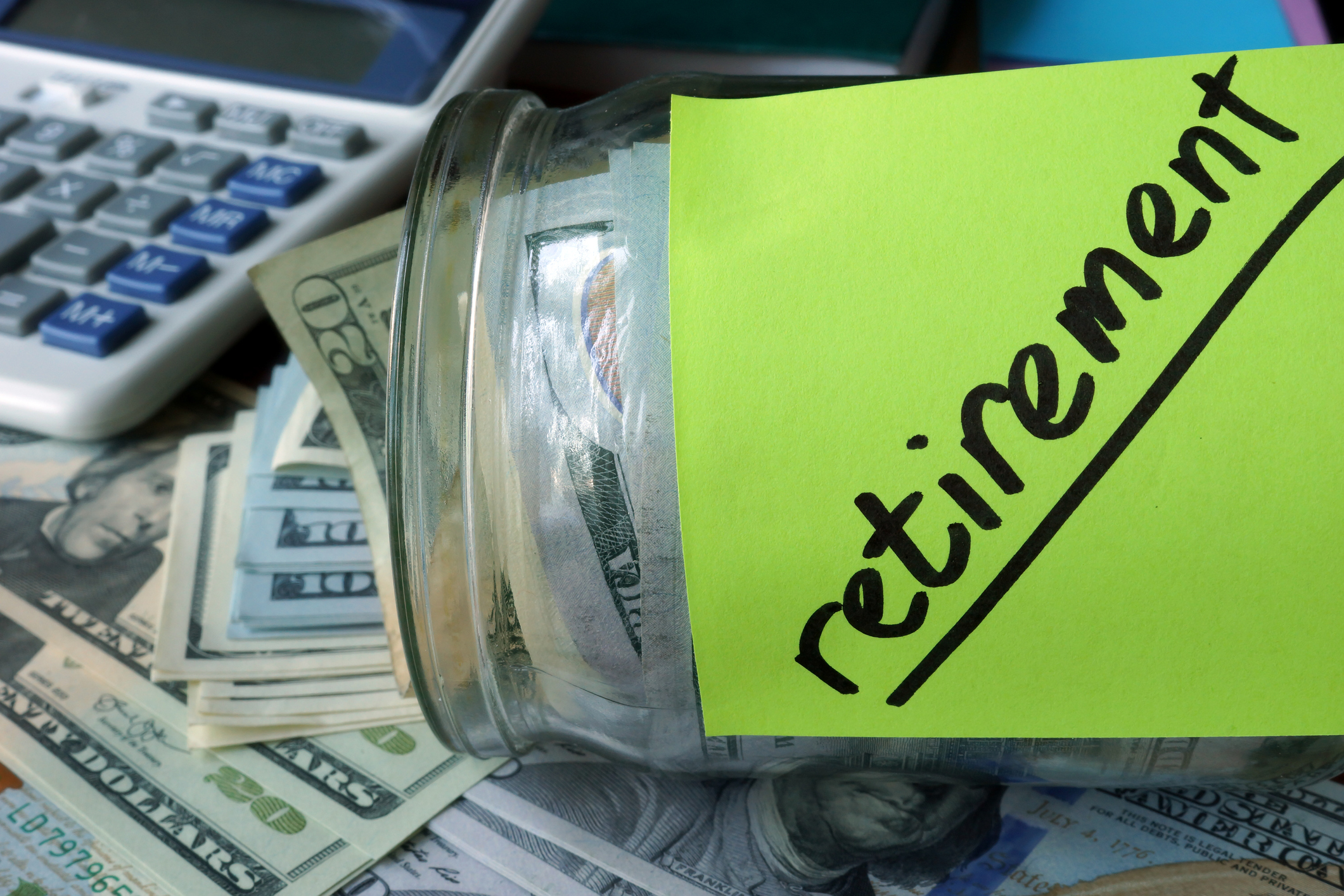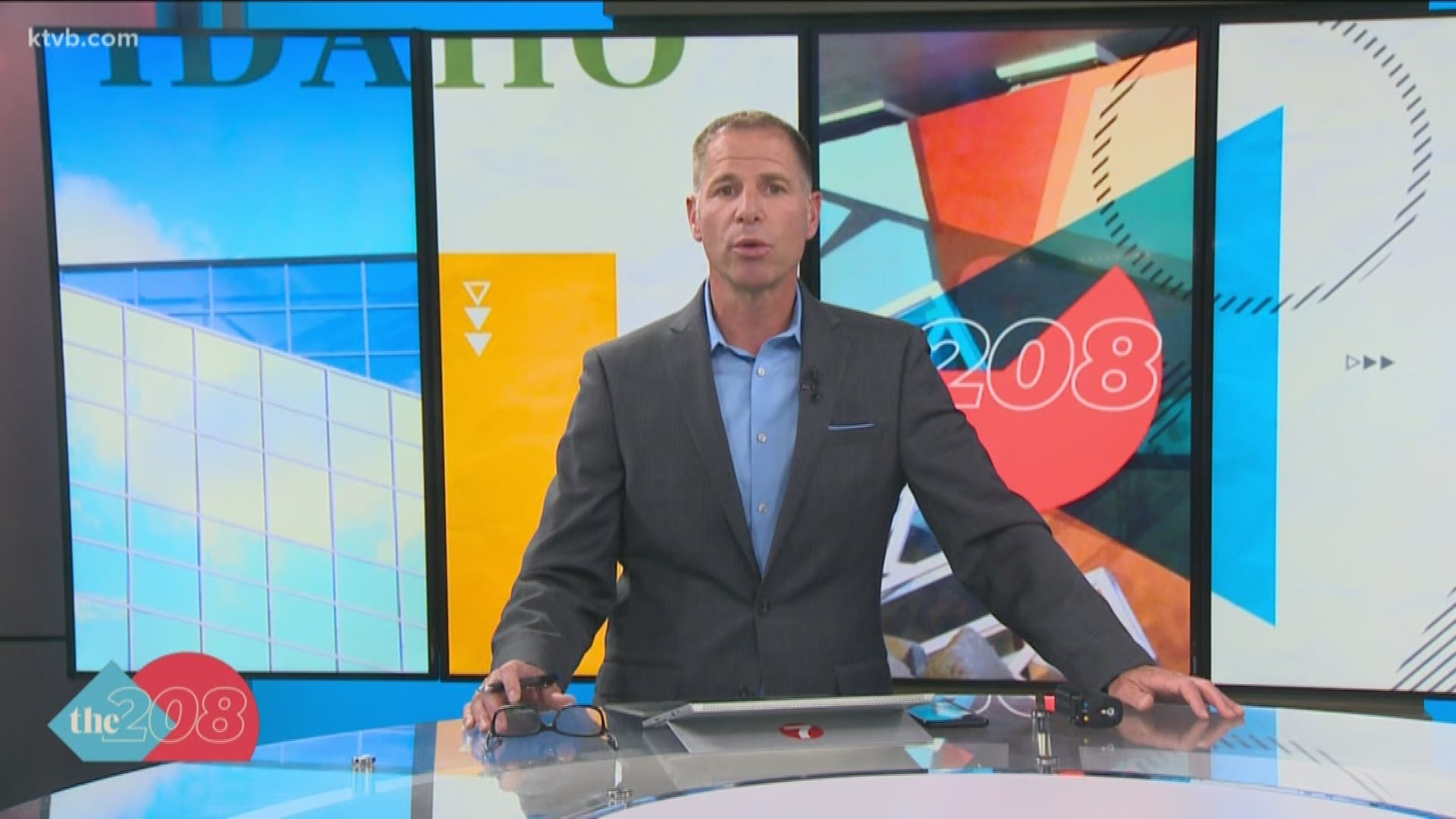Picture your first years in retirement and a lot of happy images probably come to mind: fun times with the grandkids, long-postponed travel and days free of deadlines and schedules.
![Jar with label Retirement Plan and money on the table. [image : 85046932]](http://www.gannett-cdn.com/media/2016/05/27/USATODAY/USATODAY/635999586125630997-retire-jar.jpg)
Sure enough, a recent survey found that roughly 90% of current retirees say they are enjoying life, and more than 80% say they have a strong sense of purpose.
Before you completely relax into your so-called golden years, you should be aware of the potential financial pitfalls that await as retirement begins. One firm even trademarked the term "retirement red zone" to identify it.
Why the alarm bells? Because after years of socking money away, you may have more in savings at the start of your retirement than you ever had, or ever will again. As a result, any investing missteps in the years right around when you stop working will have an outsized effect.
For example, Prudential recently analyzed what happens with negative investment returns early in retirement. The insurance giant compared two hypothetical $1 million portfolios over 30 years. Portfolio A had negative net returns in four of the first five years and positive returns at the end. Portfolio B had all positive returns in the first five years but significant negative returns in four of the last five. The effect: Portfolio A went to zero in 15 years, and Portfolio B was worth just more than $2 million in year 30.
"The 10 years leading up to retirement and the 10 years after are all risky," said Srinivas Reddy, senior vice president and head of full service investments at Prudential Retirement. "But the five years when you retire are among the riskiest."
![A warning about your 'magic number' for retirement [oembed : 85046196] [oembed : 85046196]](/Portals/_default/Skins/PrestoLegacy/CommonCss/images/smartembed.png)
That is why some experts recommend scaling back risk in your portfolio as you get close to retirement. Prudential suggests cutting back your stock exposure to between 40 percent and 60 percent of your portfolio. That will give you some protection against inflation, and should reduce the risk that you will run out of money too soon. It also means that a market downturn would not be as devastating.
To achieve this, you may want to consider using target date funds if you do not care to make the investment choices yourself. Vanguard's Target Retirement 2020 has a 58 percent stock allocation, and Fidelity's Freedom Fund 2020 has 42 percent of assets in domestic stocks and 18 percent in international equities.
There is less unanimity on what to do after your initial retirement years are past, however.
Since many retirees live on only modest amounts of savings and a Social Security check, it may be best for them to maintain a relatively conservative asset allocation for the remainder of their retirement, Reddy said.
![How just 2 percent inflation could crack your nest egg [oembed : 85046182] [oembed : 85046182]](/Portals/_default/Skins/PrestoLegacy/CommonCss/images/smartembed.png)
Others take a slightly different tack, arguing that while retirees should pull in their horns around the time they stop working, it is all right for some, particularly those with more than enough money to cover necessities, to increase their equity exposure over time.
If a retiree can generate enough guaranteed income to cover basic expenses using Social Security, any pension income and annuities, then he or she can invest other savings in stocks, said Steve Vernon, a research scholar at the Stanford Center on Longevity.
Having that cushion means a retiree can ride out any market downturns, he said, and over time, their stock holdings should appreciate. That would effectively increase their overall stock exposure but still give them protection against financial shocks.
A 2014 study of retirement portfolio performance found that over 30 years, a portfolio starting with 30 percent in stocks and rising to 60 percent outperformed a portfolio with a constant 60 percent stock allocation. Both of those portfolios, in turn, outperformed a portfolio that started with 60 percent in stocks and dropped to 30 percent.
"Rising equity glide paths appear to maximize the likelihood of success and sustainable income, and reduce the magnitude of shortfalls when they occur," concluded the researchers, Wade Pfau of the The American College and Michael Kitces of Pinnacle Advisory Group.
![Americans say this is their biggest financial regret [oembed : 85046244] [oembed : 85046244]](/Portals/_default/Skins/PrestoLegacy/CommonCss/images/smartembed.png)
That all sounds fairly simple, but many people approaching retirement do not take these ideas to heart, Vernon said.
"People just don't think long term," he said. "They look at their savings and say 'Oh, I've got $500,000 or $1 million, and that's got to be enough.'"
In general, people are also more likely to retire when the stock market is strong, Reddy said, and that can make them overconfident.
"People generally don't retire on their own when the Dow has dropped 20 percent," he said.
The good news is that making these plans is not too complicated, and once you do, you will be free to better enjoy your later years.
© CNBC is a USA TODAY content partner offering financial news and commentary. Its content is produced independently of USA TODAY.


